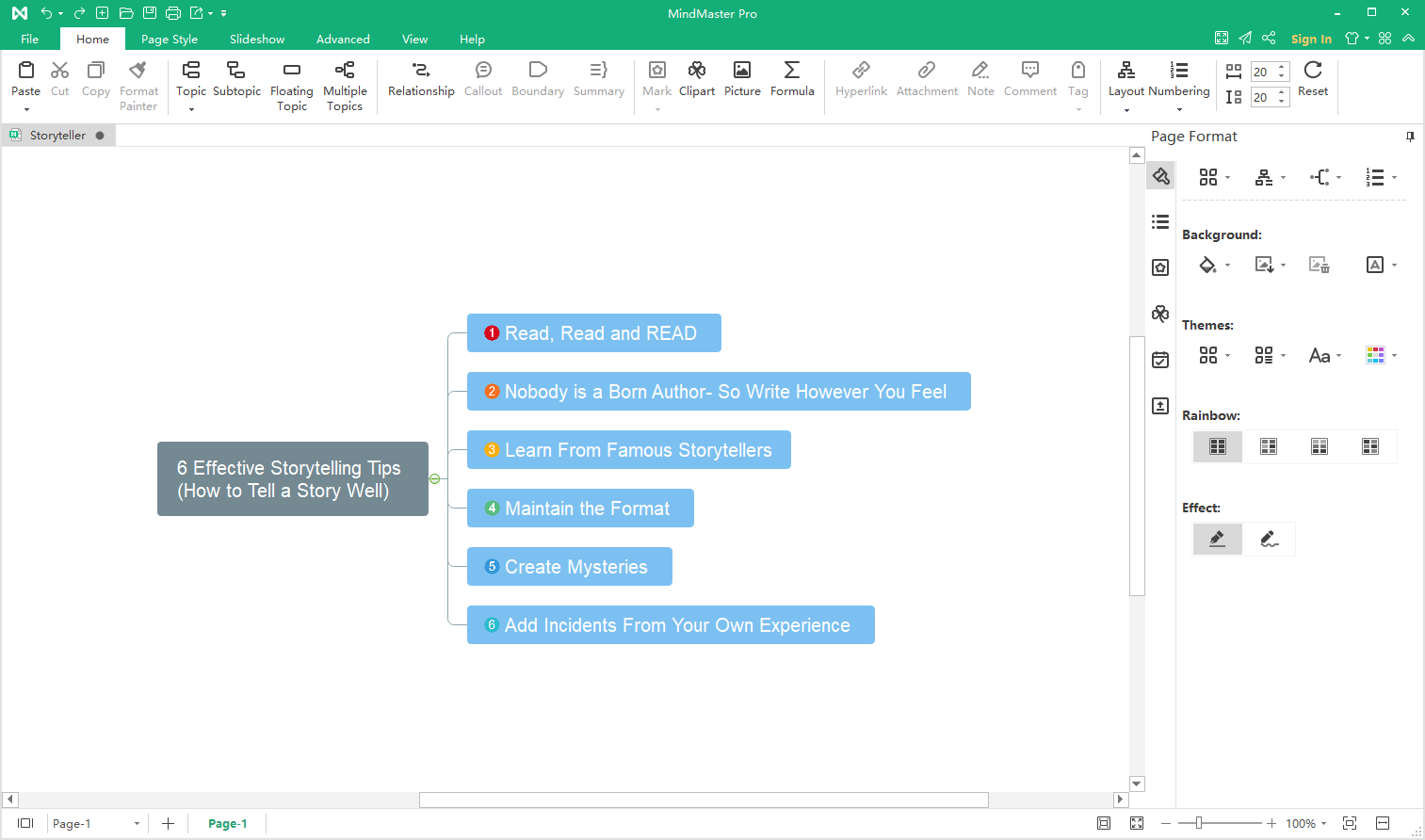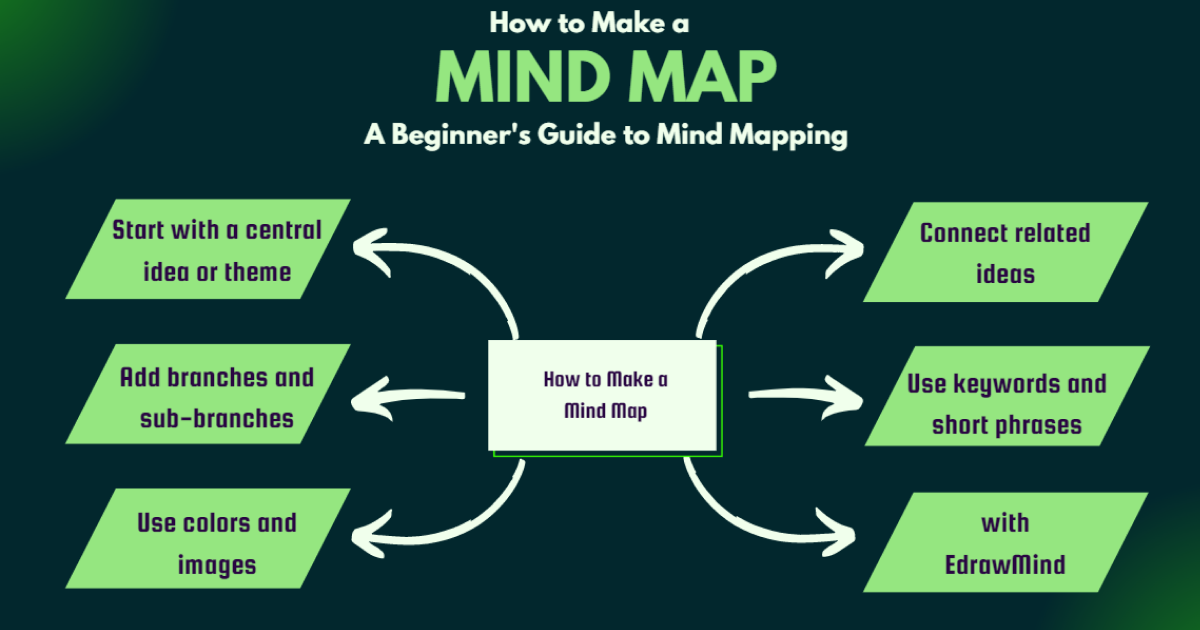How to Tell a Great Story: 6 Effective Storytelling Tips

It's about your skills to engage your audience. How well you can present your story, engages the audience to that extent. Irrespective of the value of the information you provide in the story, if the presentation is not interesting, you cannot connect to your audience. There lies the importance of effective storytelling abilities. Here I'll share with you six top-secrets implying which you can start creating better stories than before! If you are looking forward to knowing how to tell a story in the correct way, then please keep reading it.
Note: Don't expect instant results, as storytelling requires practicing. If you follow these six tips regularly, you can slowly start observing improvements through the responses of the audience.
● Read, Read and READ
Reading stories, books, novels, magazines, listening to podcasts, following blogs, social media posts, quotes of famous people- are all directly proportional to create great stories. The more you read/listen, the better you become!
Our mind stores whatever we see, read, listen, experience when we create something, (any creative instances such as writing or telling stories) that unknowingly reflects in our work. So, the more high-quality content you read/listen to/ watch or experience, it reflects directly on your creatives. Reading/listening/watching is the foundation of excellent storytelling/story writing.
● Nobody is a Born Author- So Write Whatever You Feel
Many of us struggle to write even a small piece of content or feel shy to come in front and tell stories to others. That's quite natural! Whenever we do something new, we struggle. But that's the matter that occurs only at the initial phases. When you make storytelling or story writing into habits, there won't be such obstacles anymore! You will know exactly how to tell a story the right way. So keep writing however you feel, don't be shy. The more you write, the better you become. It's all about psychology that runs in the background, stopping us from writing even the first story. Don't hesitate, and start it, things will automatically take place. You just need to start and keep maintaining a natural process of writing. That's all!
● Learn from Famous Storytellers: How to Tell a Story Like a Pro
Famous storytellers, who have already learned the skills of engaging readers/listeners, maintaining a huge follower/fan base, can be your mentors. When you are reading this, you must have at least someone who inspires you, whom you follow wholeheartedly.
Start following them more, try to observe their work, analyze them carefully, understand every minute detail they provide in their work. Through these points, you'll learn how to tell a story like a pro. Then note down what exactly you learned from it. Try to implement those tricks while writing your stories. Once you finish writing the whole story, examine whether you have implemented those tricks correctly, and which are the places that need improvement. This self-analysis is extremely important in the process of becoming a normal storyteller to a professional storyteller.
● Maintain the Format
When you write a story or any type of content, the format is fundamental to draw the attention of the audience and keep them engaged until the end. I have mentioned some useful points below, which makes your story more readable, engaging, relevant, and enjoyable.
How to Tell a Story- Maintaining Correct Format
- Have a centralized topic based on which the entire story dwells
- The story should have an interesting title.
- There must be an introduction to the story, which briefly tells about what the reader is going to read or what the story is about. Here, you need to create an exciting environment so that the reader gets engaged right at the beginning.
- The story should have the main three parts- the beginning, middle part, and the ending.
- If the middle section consists of multiple incidents/facts, then mention them one by one with separate points.
- Finally, conclude the story on an interesting note, the climax/ conclusion/ ending part has to be different from others, which marks your uniqueness, and makes you memorable to the readers.
● Create Mysteries
Readers like mysteries, irrespective of their age- kids, adults, older people- they all connect to mysteries. If it's an adventure story, a horror story, or a suspense story, the mystery will come automatically along with the base story. But when the story is entirely on something else, then it becomes a challenge to create mysteries. Instead of going away from the main topic, you need to carefully add some mysteries throughout the story to engage the audience till the end.
Note: If you can create mysteries at perfect timing, it will provide punches to the main story, and a story with perfect punches is a sure success.
● Add Incidents from Your own Experience
While telling a story to the readers, if you can add some real-life incidents, which are related to the topic of discussion, it creates more interest! Readers love to associate themselves with the story they read, and when the author himself describes his own life with the story, it becomes more interesting. It also helps in increasing more followers.
But again, maintain the format, don't get too carried away while creating mysteries or relating real-life incidents. Stick to the main topic and, based on that, create your story.

If you like to write, then don't think too much and start with your very first piece of the story. Even the authors whom you follow, none of them became professional in just one day. Every master was a beginner, and there's nothing wrong with starting something new. Keep learning about how to tell a story online by reading blogs and joining storytelling forums/ groups. Start with your creation, keep working on it, you'll surely gather effective storytelling skills. I hope these tips were helpful. For more tips on storytelling, keep following the blog. I wish you all the best with your storytelling. Cheers!






